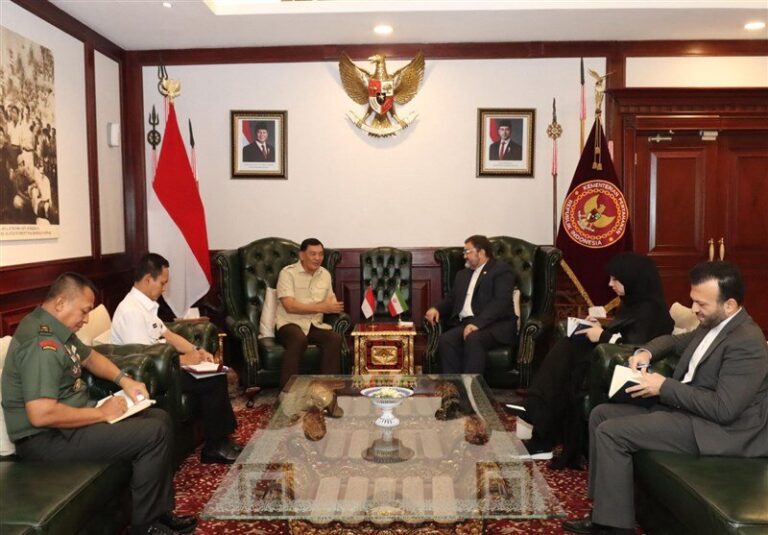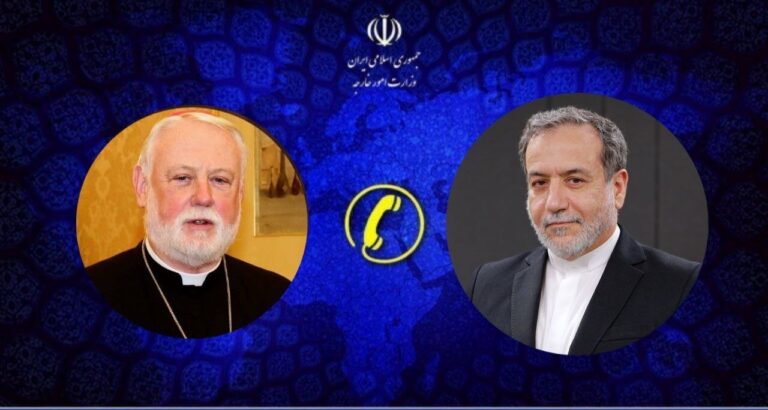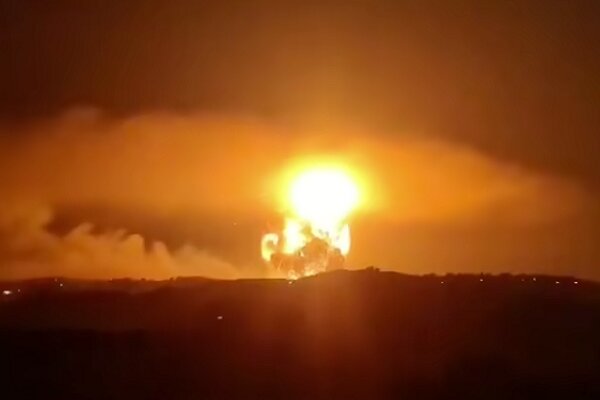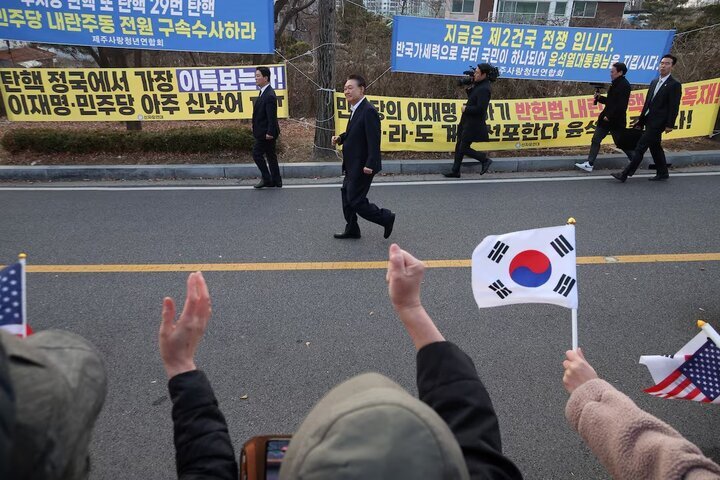Yemen’s Ansarullah Leader Issues Stark Warning to Israel: Our Army is Prepared to Respond to Ceasefire Breaches!
In a recent address, the leader of Yemen’s Ansarullah movement, Abdul Malik Al-Houthi, issued a stern warning to Israel regarding its compliance with truce agreements established with Hezbollah and Hamas. This statement underscores the ongoing tensions in the region and highlights the resilience of resistance movements against external aggression.
On Sunday, Al-Houthi emphasized that the Yemeni army is fully prepared to “escalate tensions against the enemy (Israel)” should there be any violation of the ceasefire agreements. This declaration reflects the broader geopolitical dynamics at play in the Middle East, particularly concerning Israel’s military actions.
Al-Houthi also addressed Israel’s recent and intensified assaults on the occupied West Bank, stating:
“The United States and the Zionist regime made futile attempts to crush resistance by invading Gaza. They are now trying to compensate for their setbacks in Gaza by committing crimes in the West Bank.”
This statement highlights several critical aspects of the current conflict:
- Ceasefire Agreements: The importance of adhering to truce agreements is paramount for maintaining peace in the region. Al-Houthi’s warning signals a commitment to resist any breaches.
- Military Preparedness: The readiness of the Yemeni army to escalate military actions indicates a serious commitment to defending their allies and engaging in the regional conflict.
- Geopolitical Tensions: The reference to the United States and Israel’s strategies reveals a complex interplay of power dynamics that impact local resistance movements.
Al-Houthi’s remarks come amidst a backdrop of escalating violence and political instability in the region. The situation in Gaza has drawn international attention, with many observing the humanitarian crisis that has unfolded as a result of military operations there. The ongoing conflict has significant implications not only for the direct parties involved but also for regional stability.
Hezbollah and Hamas, both designated as resistance movements, have been actively engaged in their respective struggles against Israeli actions. Their alliance with the Ansarullah movement in Yemen further strengthens the resistance front against perceived aggression from Israel and its allies. The interconnectedness of these groups illustrates a broader narrative of resistance that spans across the Middle East.
In light of these developments, it’s crucial to consider the following points:
- International Reactions: The international community is closely monitoring the situation. Various nations and organizations are calling for de-escalation and adherence to international law regarding territorial integrity and human rights.
- Humanitarian Impact: The ongoing assaults, particularly in Gaza and the West Bank, have led to significant humanitarian crises. Reports of casualties and displaced individuals continue to emerge, highlighting the urgent need for humanitarian assistance.
- Future of Resistance Movements: The resilience shown by groups like Ansarullah, Hezbollah, and Hamas may inspire further solidarity among other resistance movements across the region. This solidarity could lead to a more unified front against external pressures.
As the situation evolves, the potential for escalation remains a concern. The Yemeni army’s readiness to act serves as a reminder of the volatile nature of Middle Eastern geopolitics. Al-Houthi’s statements reinforce the notion that ceasefire agreements are critical for preventing further conflict and maintaining a fragile peace.
In conclusion, the warning issued by Abdul Malik Al-Houthi reflects the complex and often dangerous landscape of Middle Eastern politics. The interaction between various resistance movements and external powers continues to shape the narrative of the region. As tensions escalate, it becomes increasingly vital for all parties involved to prioritize dialogue and seek peaceful resolutions to avert wider conflict.
Understanding the underlying issues and the historical context of these conflicts is essential for anyone looking to grasp the intricacies of Middle Eastern geopolitics. The paths to peace are fraught with challenges, but acknowledging the voices of resistance can pave the way for a more hopeful future.






